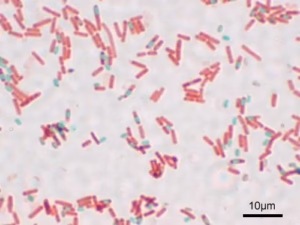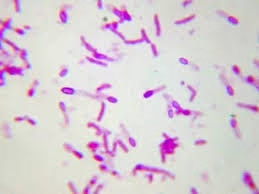
Introduction Accurate microbiological diagnosis depends largely on the quality of the clinical sample that reaches the laboratory. The process begins not in the lab but at the bedside or clinic, Read More ……..
Simplifying Allied Health Learning.

Introduction Accurate microbiological diagnosis depends largely on the quality of the clinical sample that reaches the laboratory. The process begins not in the lab but at the bedside or clinic, Read More ……..

Introduction The principle of staining methods in the microbiology lab, like Gram staining, is a fundamental laboratory technique used to classify bacteria into two major groups: Gram-positive and Gram-negative. Developed by Hans Christian Read More ……..

Principle Spore staining relies on the ability of spores to resist conventional staining methods due to their tough, multi-layered coats. The principle of spore staining involves using a special dye Read More ……..

Principle Albert’s stain works based on the unique ability of Corynebacterium species to accumulate metachromatic granules in their cytoplasm. These granules are a result of the accumulation of polyphosphate. The Read More ……..

General Laboratory Safety Personal Protective Equipment: Lab Coats: Protects clothing and skin from spills and splashes. Gloves: Necessary when handling chemicals, reagents, or biological samples to prevent contamination and exposure. Read More ……..